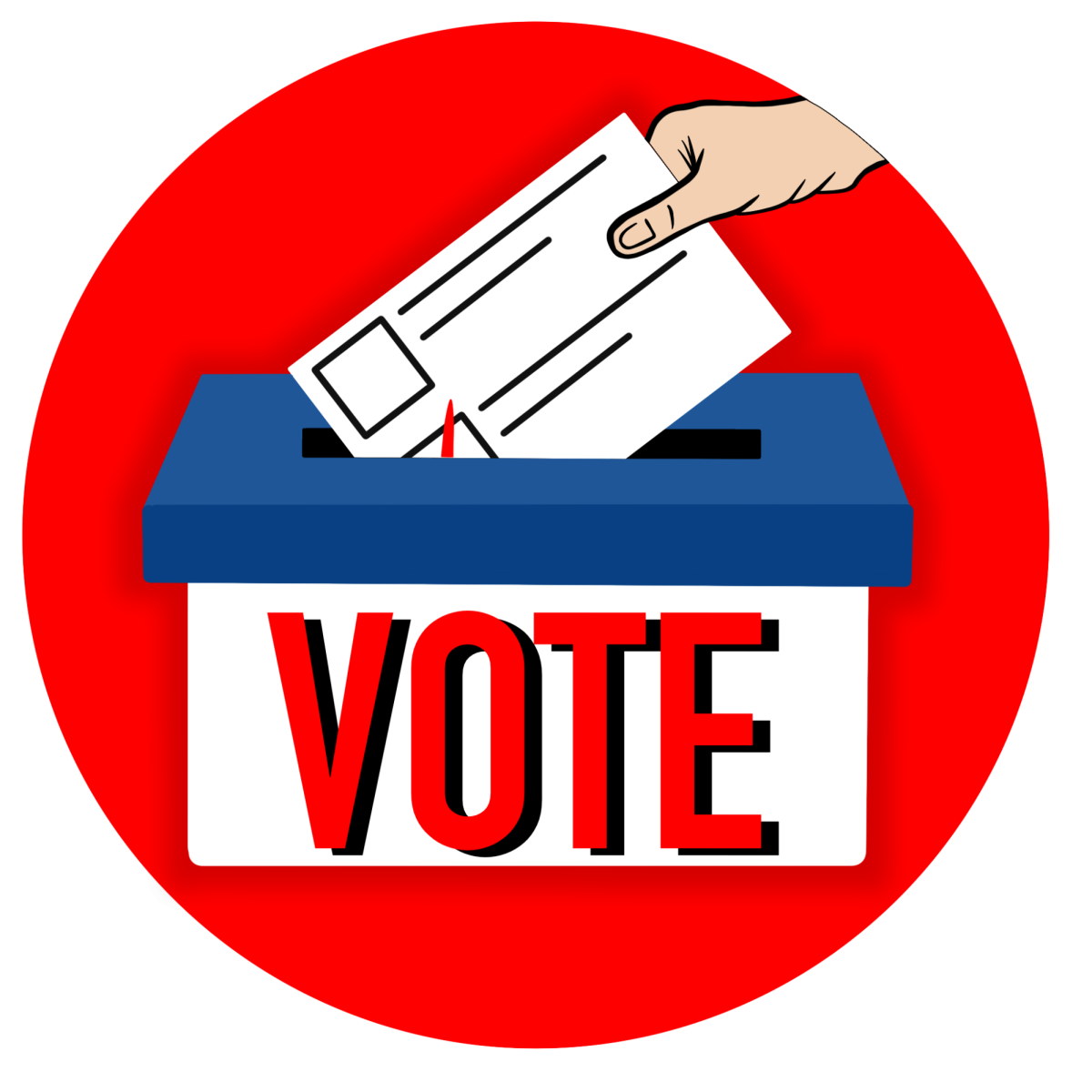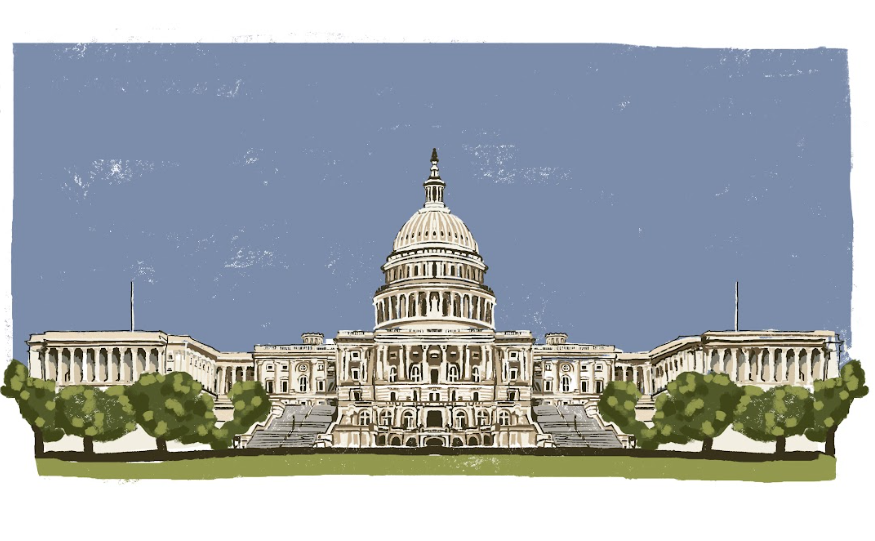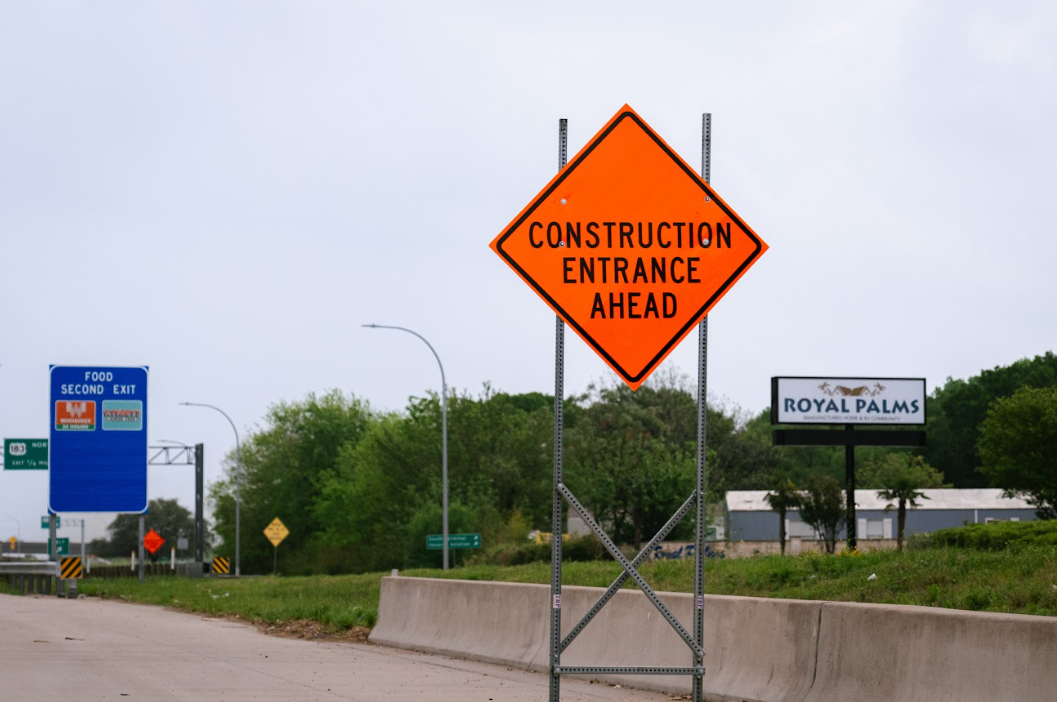Article 1, Section 4 of the U.S. Constitution is clear; it dictates that it is only the responsibility of the states and Congress to make or alter the “time, place and manner” of federal elections. On March 25, President Donald Trump signed an executive order that, if enforced, would upend voter registration, block millions of eligible voters and empower the Department of Governmental Efficiency to review citizens’ voter registration documents. If put into effect, the Safeguard American Voter Eligibility Act will attempt to unconstitutionally force voters to provide unreasonable methods of identification, while simultaneously kicking American citizens who fall behind to the curb.
The current voter registration requirements ask registrants to swear under the penalty of perjury that they are American citizens who are eligible to vote, alongside requiring them to provide a form of identification, a driver’s license number, a state ID number or a social security number. Now, in addition to these previous forms of identification, this act is attempting to require citizens to bring an additional “proof of citizenship” to the polls. The options for the additional voting requirements are a U.S. passport, a federal or state-issued ID card that meets proof of citizenship requirements or a military ID.
The limited number of available ID options is one of the root causes of the issue that many Americans are now at risk of facing on election days. According to a 2024 publication by USA Facts, “Passport issuances dipped by 43.4% from 2019 to 2020,” with only about half of Americans currently possessing an American passport. Alongside the difficulties that American citizens without a passport now possibly face, only about five states currently offer enhanced driver’s licenses, which meet proof of citizenship requirements. Citizens who do not have a passport, military ID or enhanced DL will forcefully have their constitutional right to vote taken from them.
This order also calls for federal and central agencies to release voter data to prosecute election crimes, while granting federal agencies — including the head of DOGE — access to check state rolls to verify “consistency with federal requirements.” It also allows federal agencies to share personal data with the states and allows the checking of eligibility of names within state voter rolls.
Voting rights advocates warn that the data provided by outdated databases can erroneously list naturalized citizens as noncitizens. Past efforts to clear voter rolls have often led to the unjust clearing of the names of eligible U.S. citizens.
“It’s illegal at many different levels,” said Sean Morales-Doyle, the voting rights director for the Brennan Center for Justice, a nonprofit organization that advocates for voting rights.
This order directs the Elections Assistance Commission, a small, independent bipartisan agency, to make changes to the federal voter registration form. Morales-Doyle argues that the president cannot tell the commission what to do.
Taking power away from the central government and forcing it to conform to federal regulations is an almost ironic turn of events for Trump, who has historically advocated for greater central governmental autonomy.
Increasing the requirements for voting, clearing redundant voter rolls and strengthening the people’s system of political participation are all aspects of democracy that must be addressed in due time. The issue that stands now, however, is that the Trump administration is rushing to implement these changes with little to no regard for American citizens and no proof to reinforce their claims against noncitizens. Baseless accusations and federal overreach are once again rearing their ugly heads in the wake of this administration’s latest attack on the American people.









